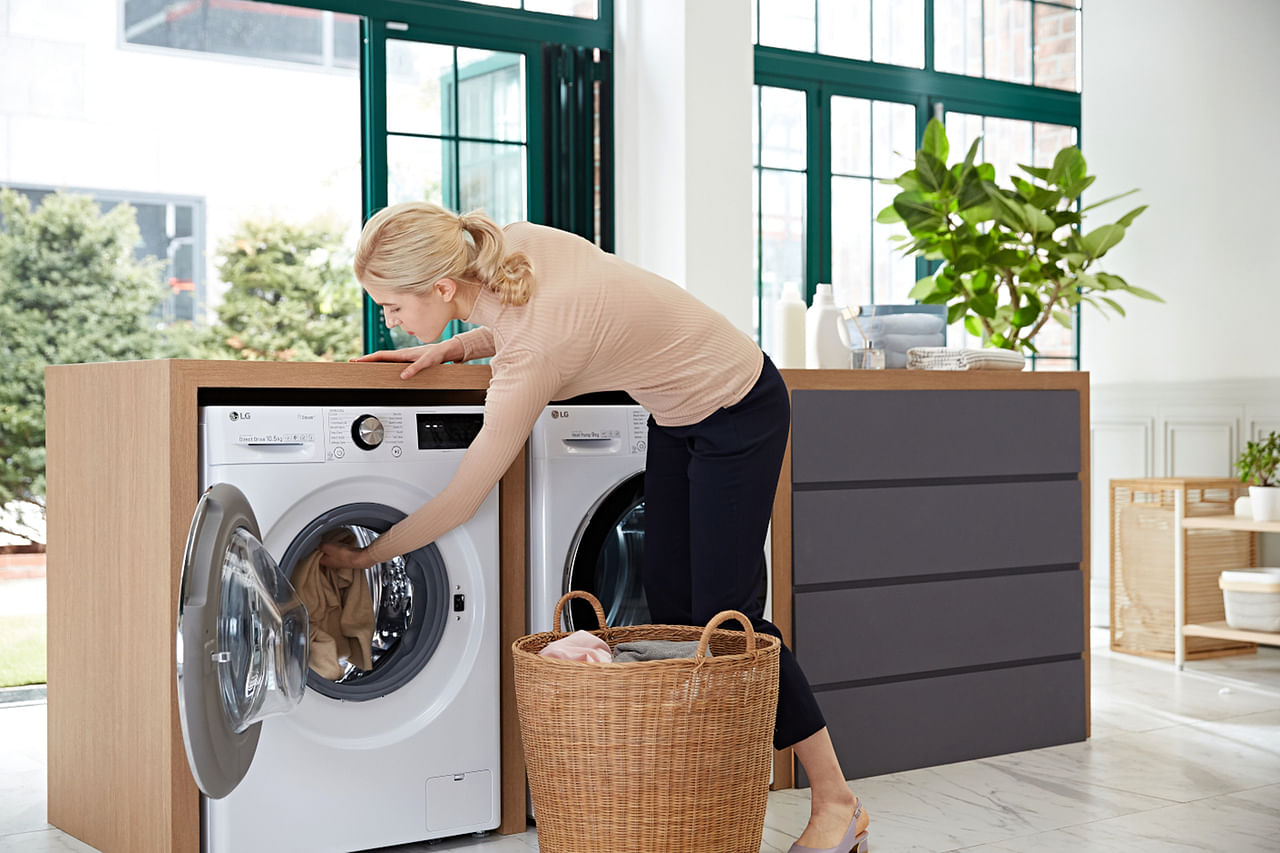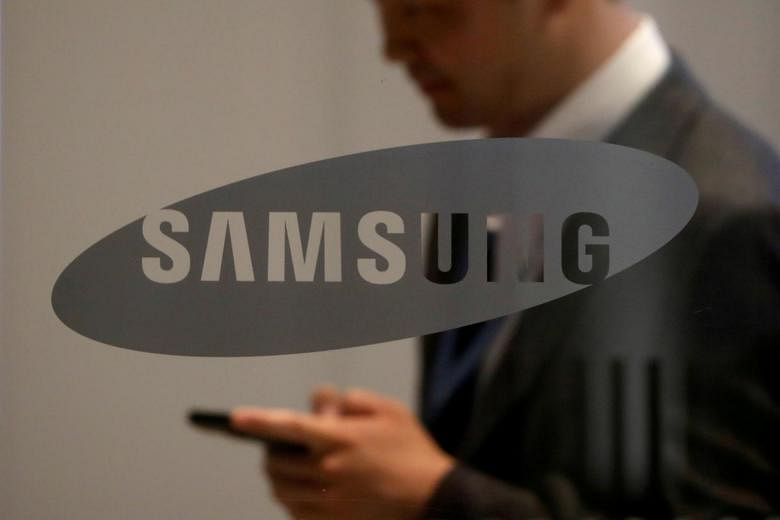SEOUL - Boasting an artificial intelligence-powered camera with a 100-times zoom lens, Samsung's latest smartphone was said to be a revolutionary game changer.
But domestic sales of the Galaxy S20 Ultra, and two other models in the same series, have been lacklustre, reaching only 60 per cent of their predecessors according to initial figures.
To be sure, the phones were launched amid a massive coronavirus outbreak in the country, which kept consumers away.
The pandemic hit mobile sales across the board.
The global shipment of smartphones fell by 17 per cent on-year in the first quarter of this year to reach 275 million units - the worst quarterly performance of all time, according to market research firm Strategy Analytics.
Experts warn that the rest of the year will be worse as the virus, which has infected over 4 million people worldwide, batters the global economy.
Samsung Electronics has been hit but it remains the world's top smartphone maker with 21 per cent global market share.
In fact, its first-quarter operating income rose 3.43 per cent on-year to 6.4 trillion won ($7.4 billion), although net profit dropped 3.15 per cent on-year to 4.8 trillion won.
The company's semiconductor business performed better than expected due to strong demand for memory chips for computers and servers, as more people work or study from home because of the pandemic and spend more time online.
A Samsung spokesman also credited the "solid sales trend" of its second foldable phone - the new Galaxy Z Flip, which is "highly acclaimed among millennials and female customers because of its stylish and compact design".
While the outbreak shuttered many small businesses, conglomerates behind household names such as Samsung, LG and Hyundai still fared reasonably well in the first quarter, some by a stroke of luck and others, because they adjusted their business model.
LG Electronics, for one, experienced a boom in sales of high-end home appliances as concerns over household hygiene grew.
The company's first quarter operating profit broke the 1 trillion won mark for the third time in history, reaching 1.09 trillion won, up 21.1 per cent on-year.
A spokesman told The Straits Times that products with steam function, such as dishwasher, dryer and the LG Styler, which steams clothing in a closet, saw an increase in demand over the outbreak.
"We've never said our steam products can kill the coronavirus, but they do clean, sanitise and kill germs, and people are making the connection themselves," he added.
South Korea has managed to flatten the infection curve in two months, with the total tally reaching 10,840 on Saturday (May 9). But damage is already done.
Airlines suffered as demand for air travel grounded to a halt, while shopping malls saw a drastic drop in sales as people stayed home.
Retail giant Lotte Shopping is now planning to close 200 out of 700 outlets after recording a 83.6 per cent on-year net loss of 853.6 billion won last year.

It is shifting its focus to online instead, unveiling an integrated e-commerce app called Lotte On last month.
The company hopes to generate 20 trillion won in sales through the app by 2023 - up from 11 trillion won worth of online sales last year.
Hyundai Motor had to suspend operations at most of its overseas plants due to a lack of demand amid the outbreak, and the company is planning to use its idle factory space to manufacture much-needed face masks for distribution to its employees worldwide.
Still, Hyundai's first-quarter revenue increased 5.6 per cent on-year to 25.3 trillion won, although net profit plunged 42.1 per cent on-year.
Beauty giant Amorepacific, which owns popular brands such as Innisfree and Etude House, was badly hit. Its net income for the first quarter plunged 41.9 per cent on-year, while net profit fell 66.8 per cent on-year.
One beauty category, however, outperformed the rest - "wash off" products that include facial cleansers and body wash.
Amorepacific told ST that online sales of its facial cleansers alone spiked 690 per cent in March compared to January, due to frequent use of face masks during the outbreak.
The company is also rolling out new hand sanitisers to meet growing demand, such as the Modi Spa Clean Hand Sanitiser Gel that promises to kill 99.9 per cent of bacteria and virus while hydrating skin.
Economist Ma Tieying of DBS Group Research said South Korea has done well in containing the outbreak and expects a rebound in consumption and domestic demand in the second quarter.
But the economy may still contract 1 per cent because of "external demand shock surfacing due to global lockdown".
"More pressure on exports and exports-oriented companies including Samsung and Hyundai is expected for the next two to three quarters, given the global recession/job loss/income decline underway," she told ST.
Samsung said it is closely collaborating with key partners to minimise the impact of the pandemic.
"We will keep monitoring the situation and based on our technology leadership and product competitiveness, respond quickly and flexibly to new developments," a spokesman told ST.
"In spite of the current challenges, we will continue to enhance the competitiveness of our core businesses and invest strategically in R&D (research and development) in order to emerge from the pandemic well positioned for future growth."












